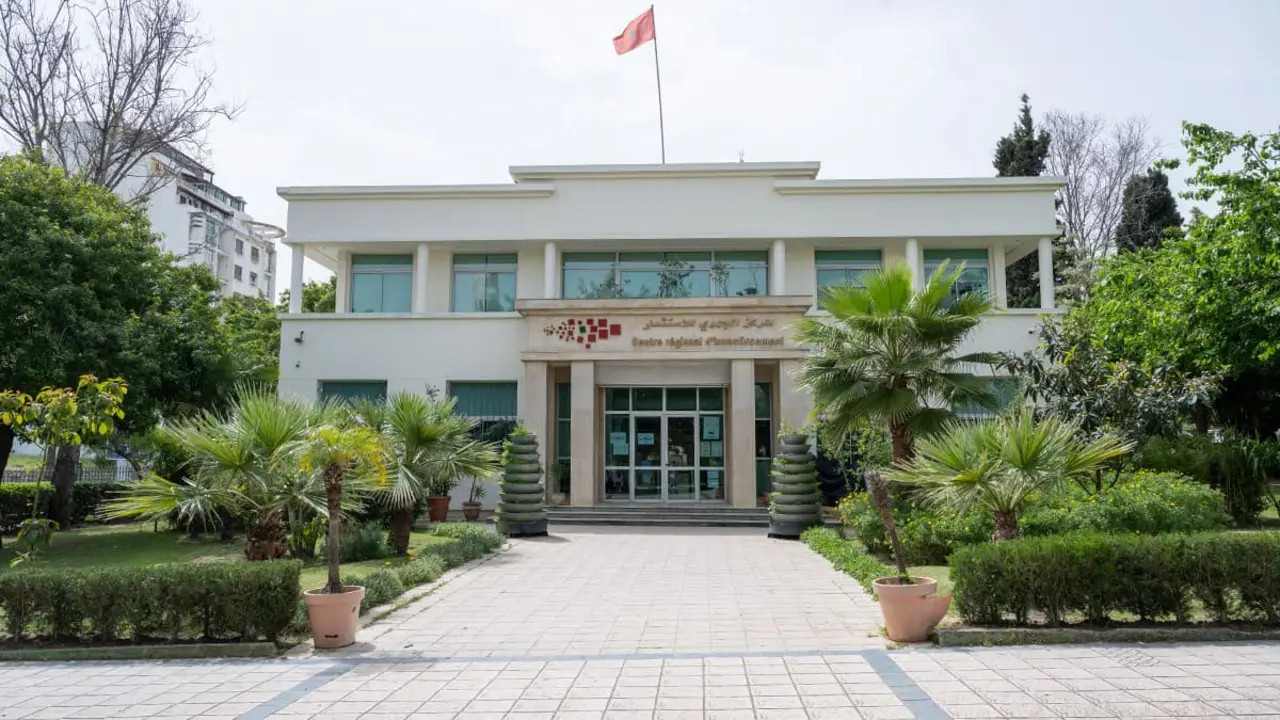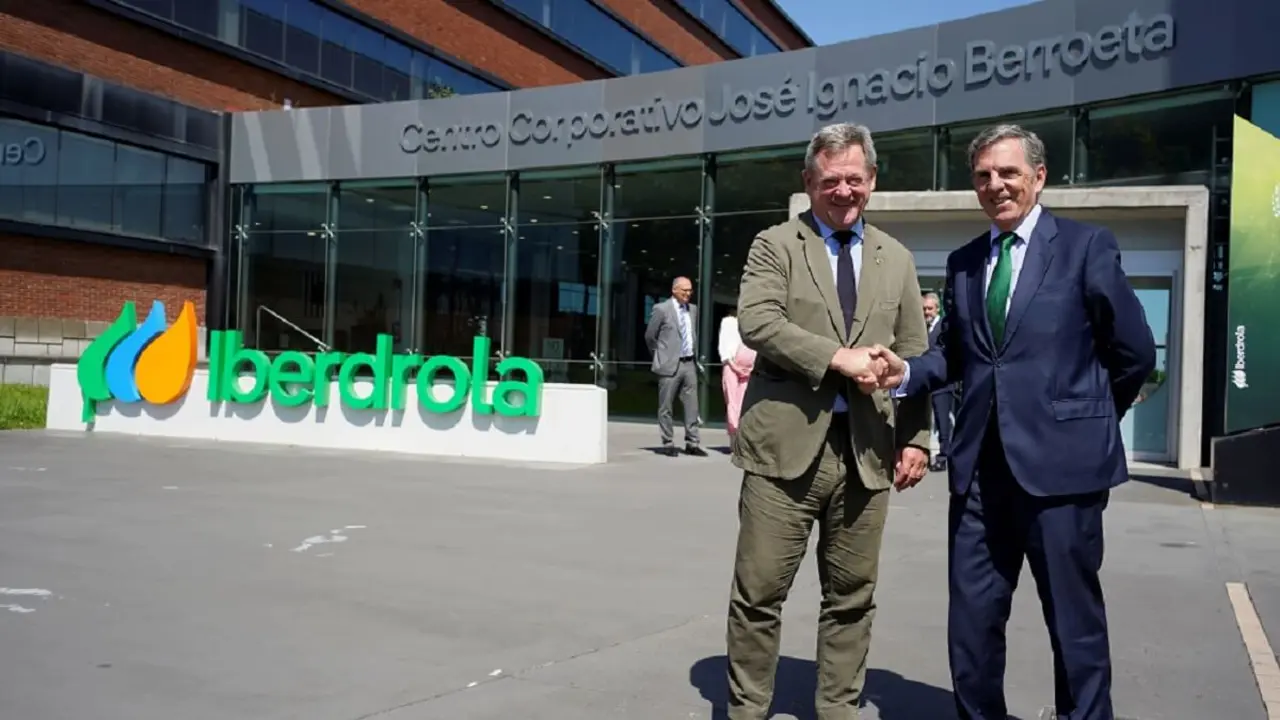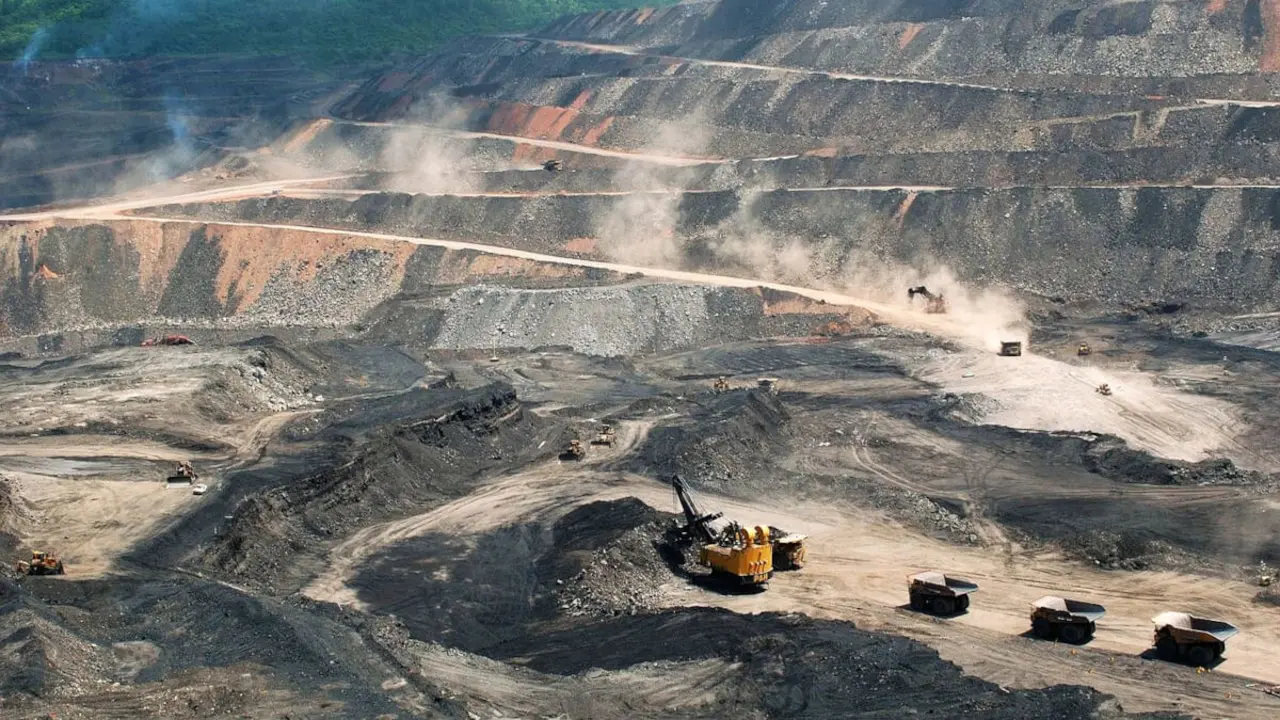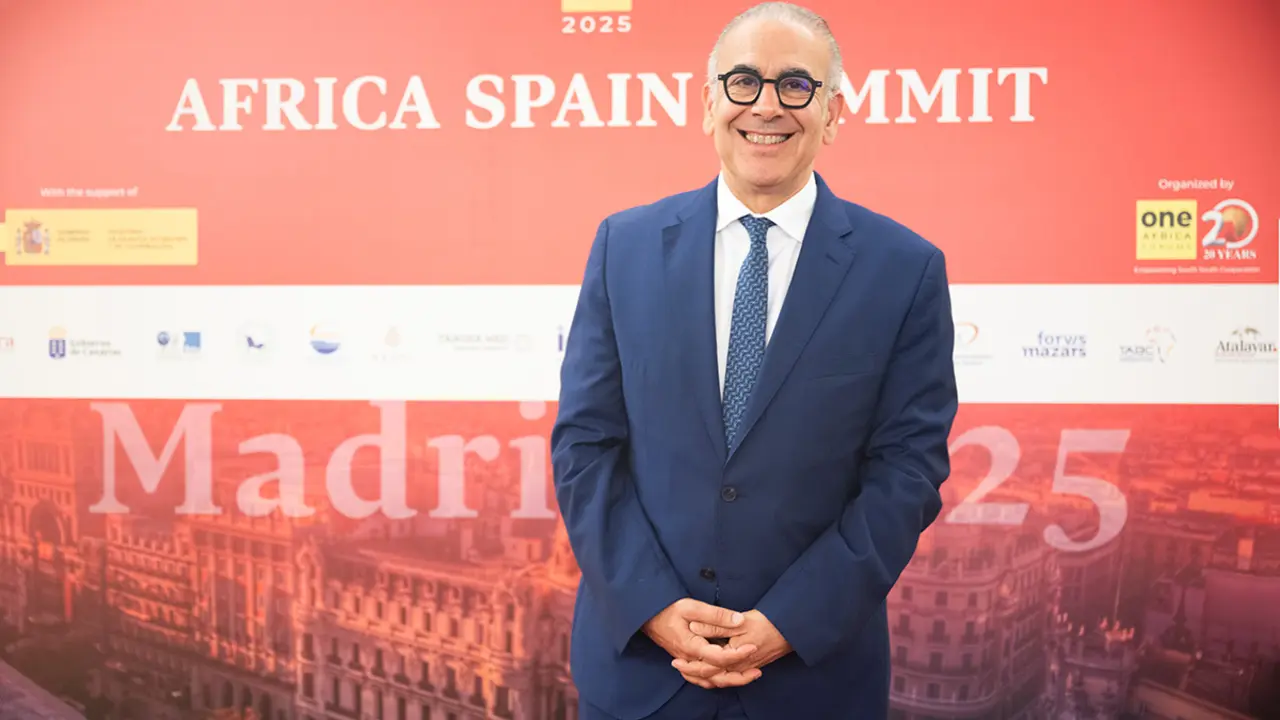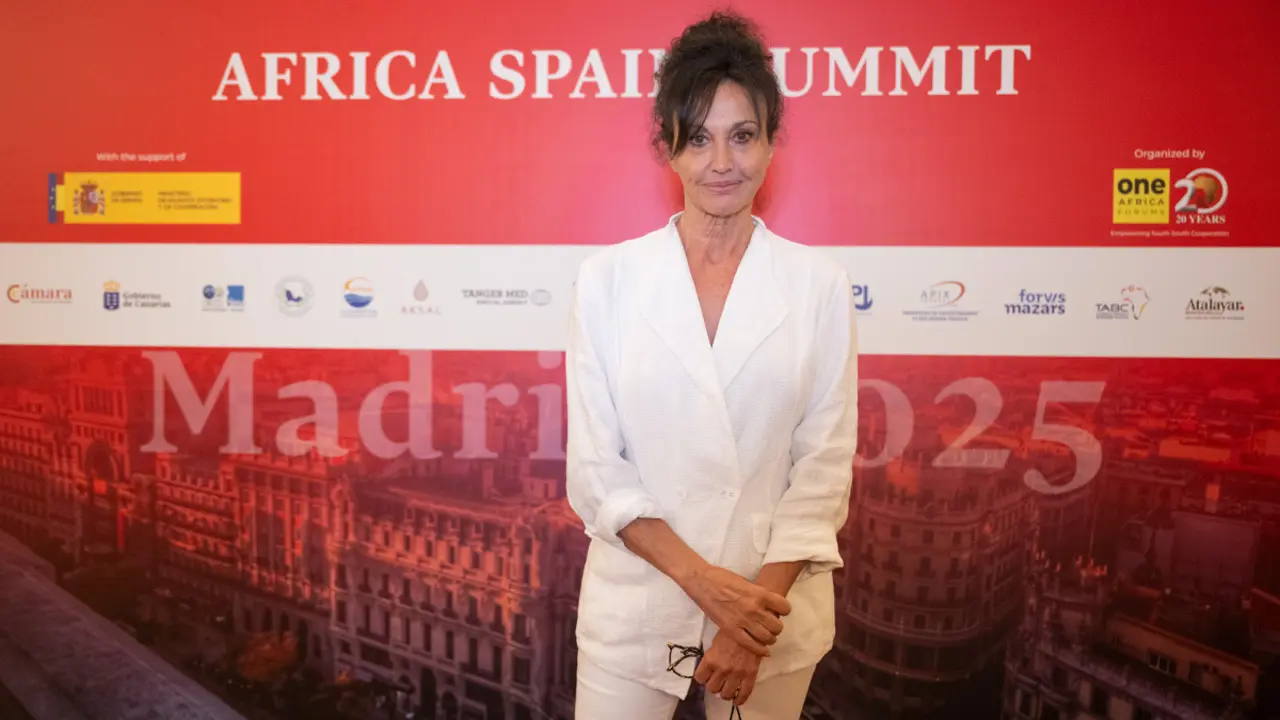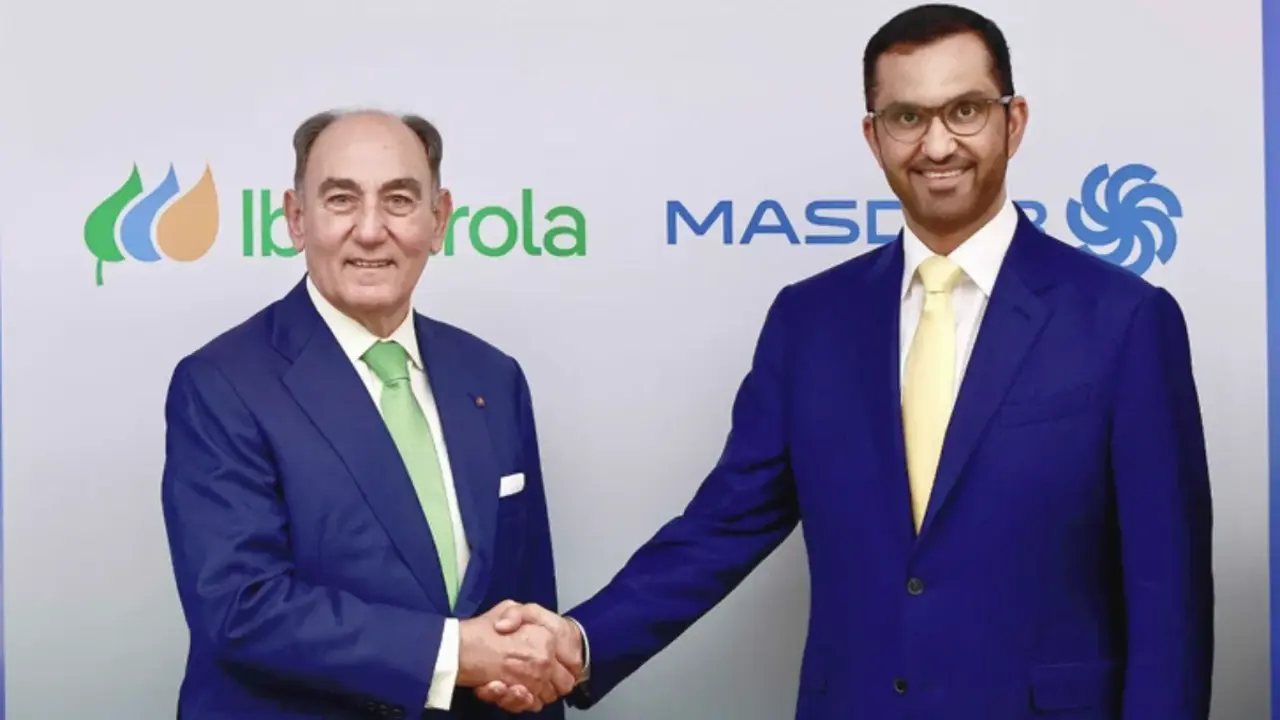As a pioneer in renewable energy, Morocco could become a key source of energy for the European Union

The vast effort made by the Moroccan authorities in the field of renewable energy has not gone unnoticed. According to the Italian press agency AGC News, Morocco is now considered to be one of the pioneering countries in the field of renewable energies and ranks seventh in the world in terms of energy performance.
As a result, the Kingdom is positioned as a major potential supplier of clean energy to Europe, where demand is constantly growing. Italian media Energia Oltre reported that “Morocco's vast landscapes, extensive coastline and sunny climate offer large-scale potential for wind and solar farms”. “The Kingdom's proximity to Europe means that it has the potential to become a key energy source for the European Union”, the press agency points out.
For several years now, Morocco has been developing a dynamic and diversified energy sector, as well as wide-open spaces for infrastructure projects, bringing together both public and private investment. Earlier this year, the European Union committed to programmes worth €624 million to support Morocco's transition to green energy.

For Europe, Morocco's clean energy supply offers a viable solution for diversifying energy sources and reducing dependence on fuels highlighted by the energy crisis arising from the Russian-Ukrainian conflict.
In recent years, renewable energies in Morocco have emerged as one of the top three most promising markets, in light of the country's ambitious plan to increase solar, wind and green hydrogen production capacity. The ultimate aim is to increase the share of these green energies to more than 52 % of the country's electricity production by 2030. One of the Kingdom's flagship projects is to export a large proportion of this electricity to the neighbouring continent via undersea cables.
A multitude of projects
Moroccan entrepreneur Moundir Zniber told the BBC in an interview that “private Moroccan companies like his are now planning to export solar and wind-generated electricity, as well as green hydrogen, to Europe”. His company Gaia Energy is developing wind and solar projects that could cover up to 4 % of Germany and Italy's electricity needs.
Other companies, such as the British start-up Xlinks, are planning to build a 3,800 km undersea electricity cable between Morocco and the UK, in the hope that Moroccan solar and wind energy will be able to meet 8 % of the UK's electricity needs by 2030.
The Hespress press agency points out that through its solar, wind and hydroelectric energies, Morocco has an installed capacity of around four gigawatts from renewable energies, already representing 40 % of its total electricity production capacity.

The Kingdom has a host of clean energy projects under construction or completed on its soil, including the Abdelmoumen STEP with a capacity of 350 MW and the El Menzel STEP (between 300 and 400 MW). The wind power projects at Taza (2nd phase, 63 MW), Boujdour (300 MW), Tangier II (70 MW), Jbel Landid (270 MW) and Tiskrad (100 MW) are also included, as are the solar power plants at Noor Midelt (400 MW), Noor PVII (400 MW) and Noor Atlas (200 MW).
Rabat has also built two electricity interconnections and a gas pipeline between Spain and Morocco, crossing the Strait of Gibraltar. “The Kingdom has vast untapped potential in wave energy, attracting investment from a variety of sources, including the World Bank and private investors from the Middle East, the United States and Europe,” says Hespress.
The acceleration of these projects benefits both European countries and Morocco, as they could create up to 28,000 new jobs a year. According to Moez Cherif, the World Bank's chief economist for the region, these projects would also enable the Kingdom to “position itself as an industrial centre for investment in exports of green industrial products”.


